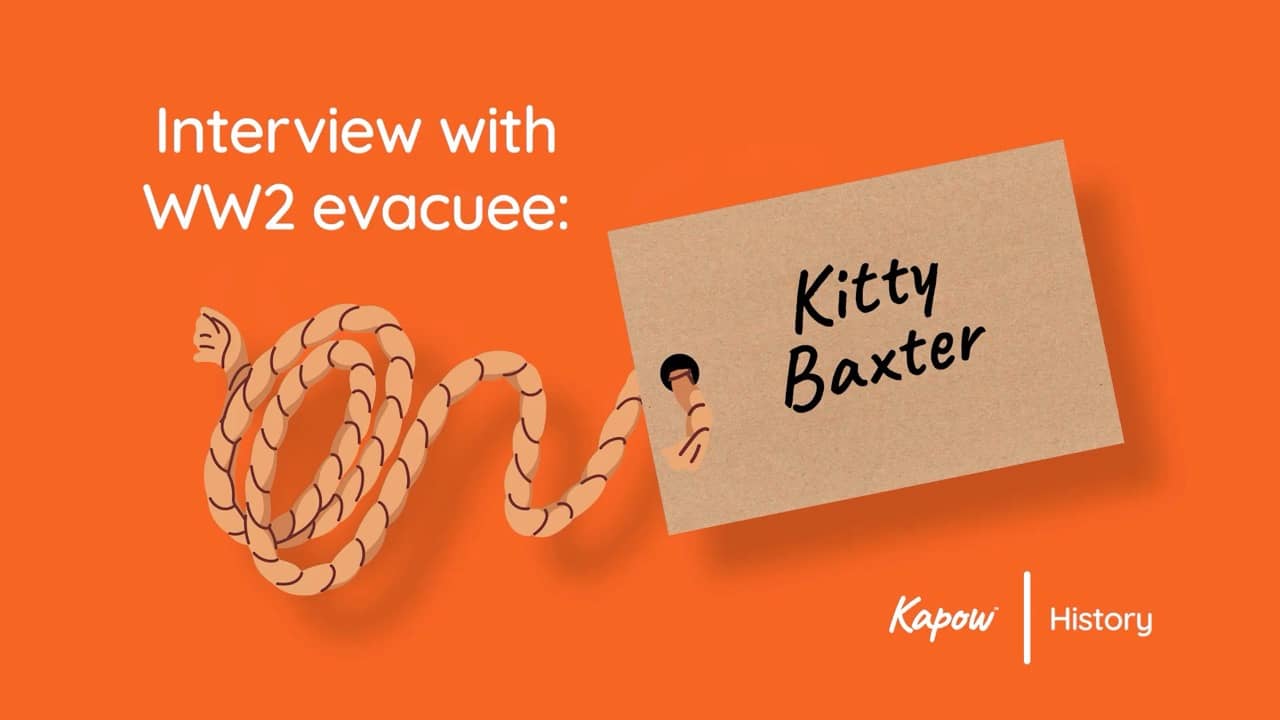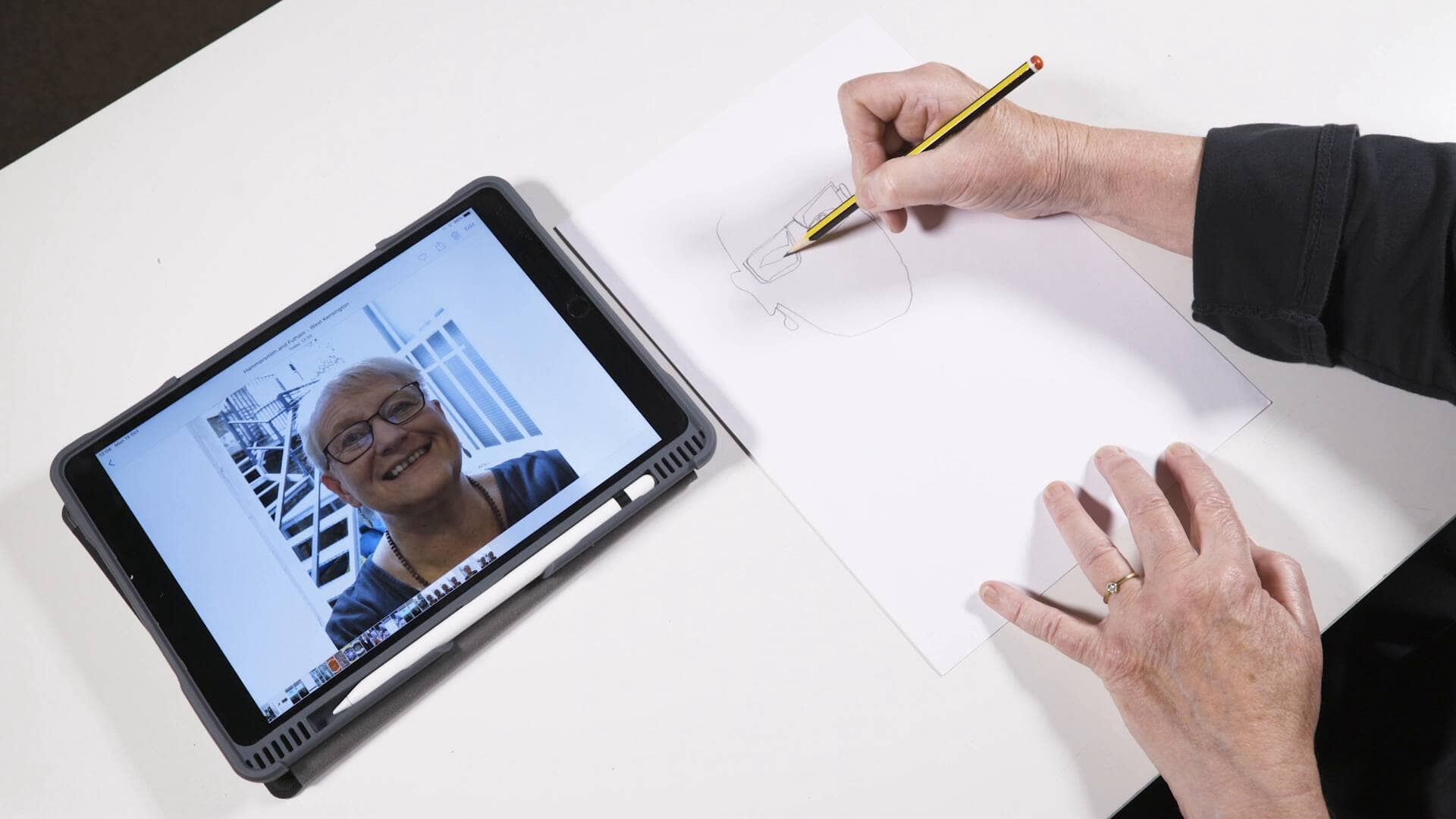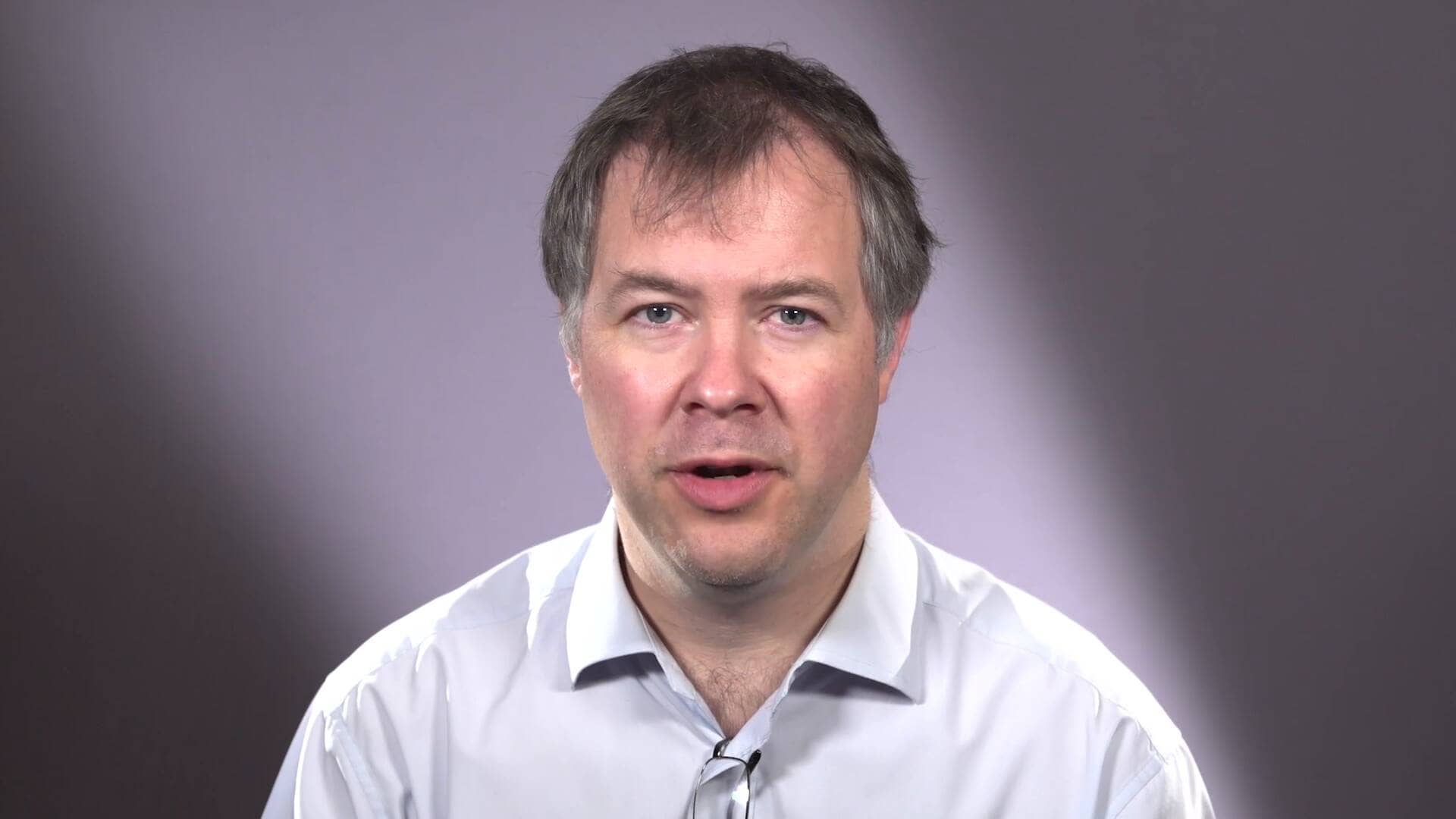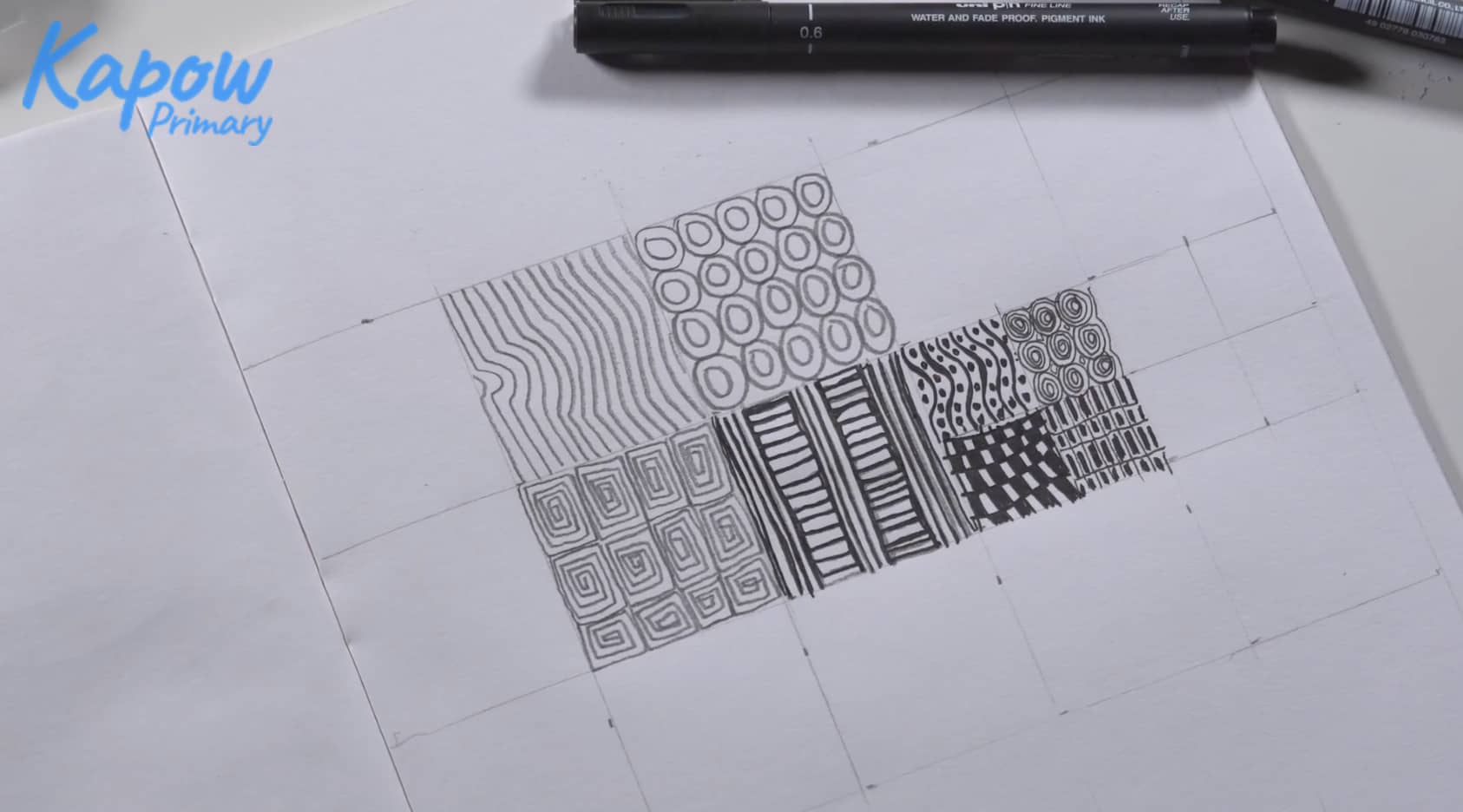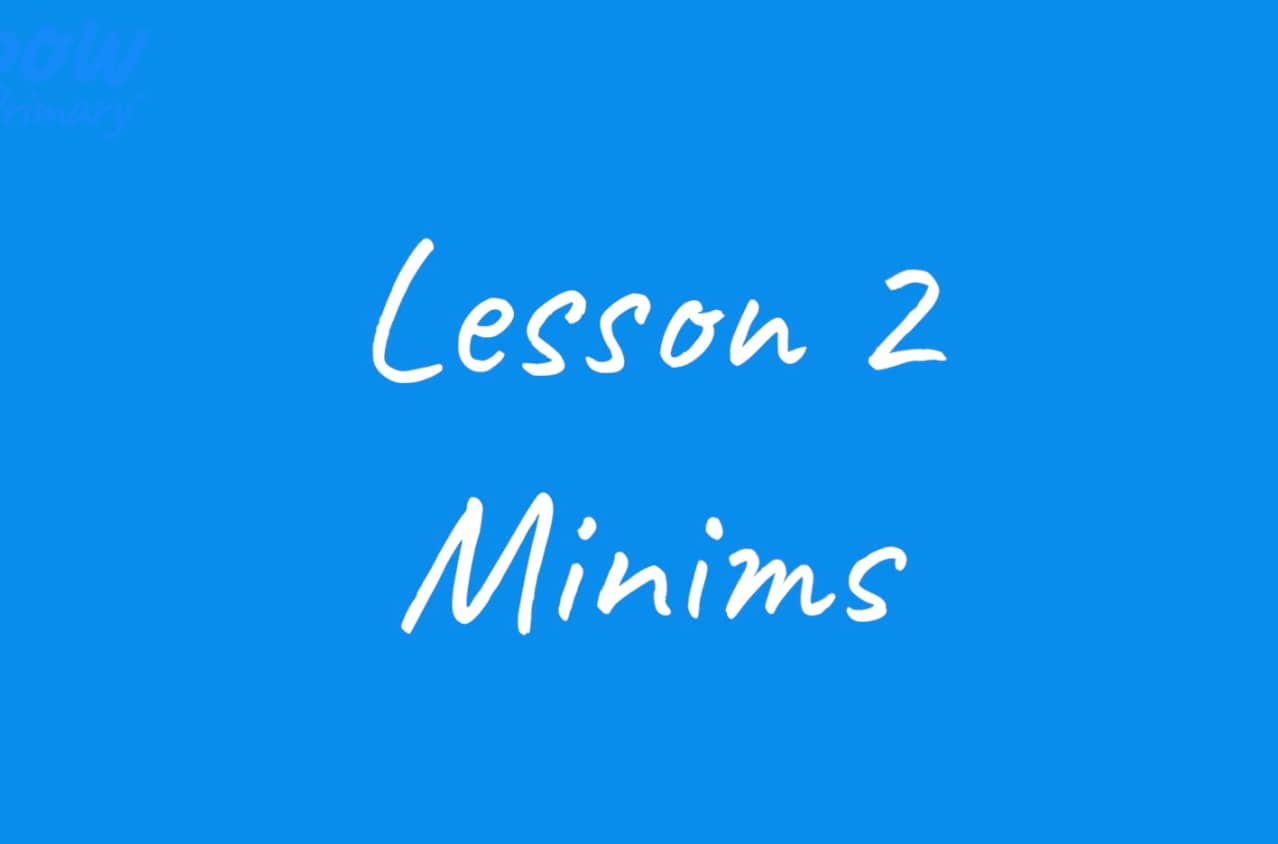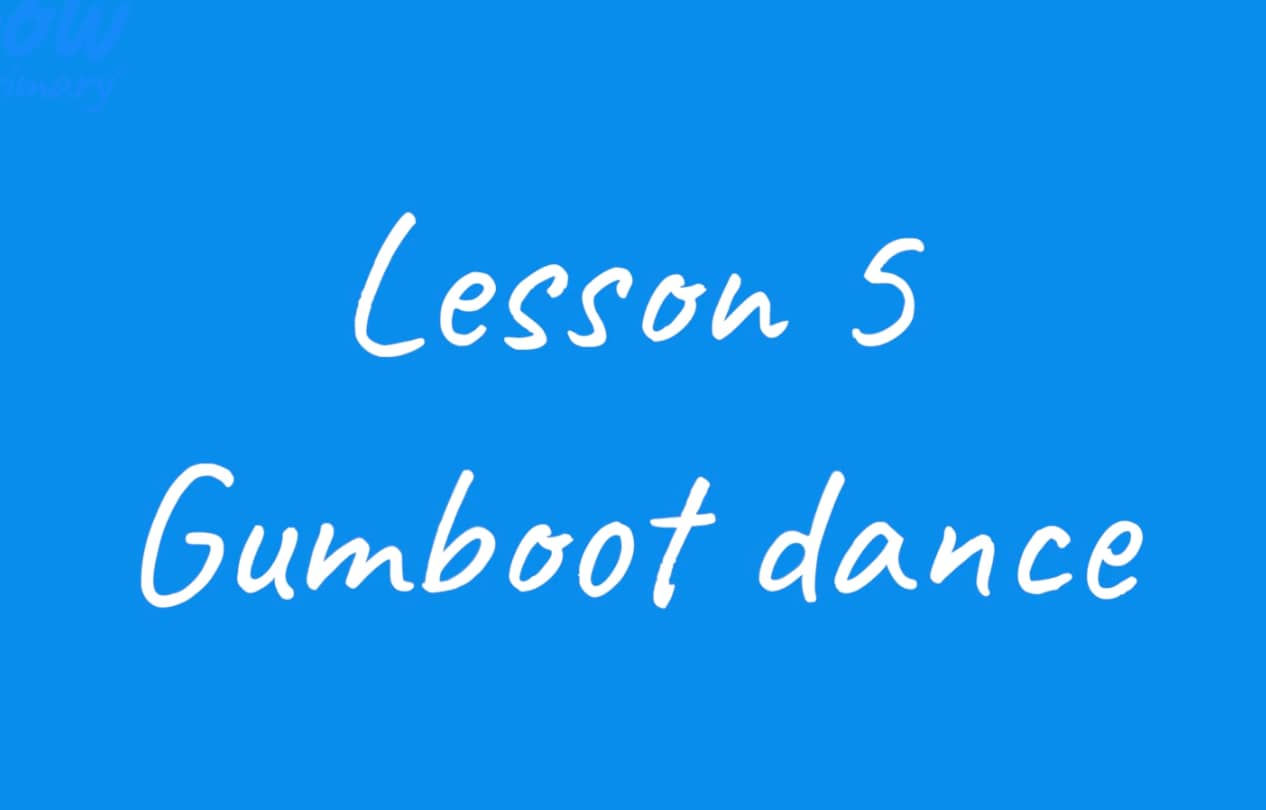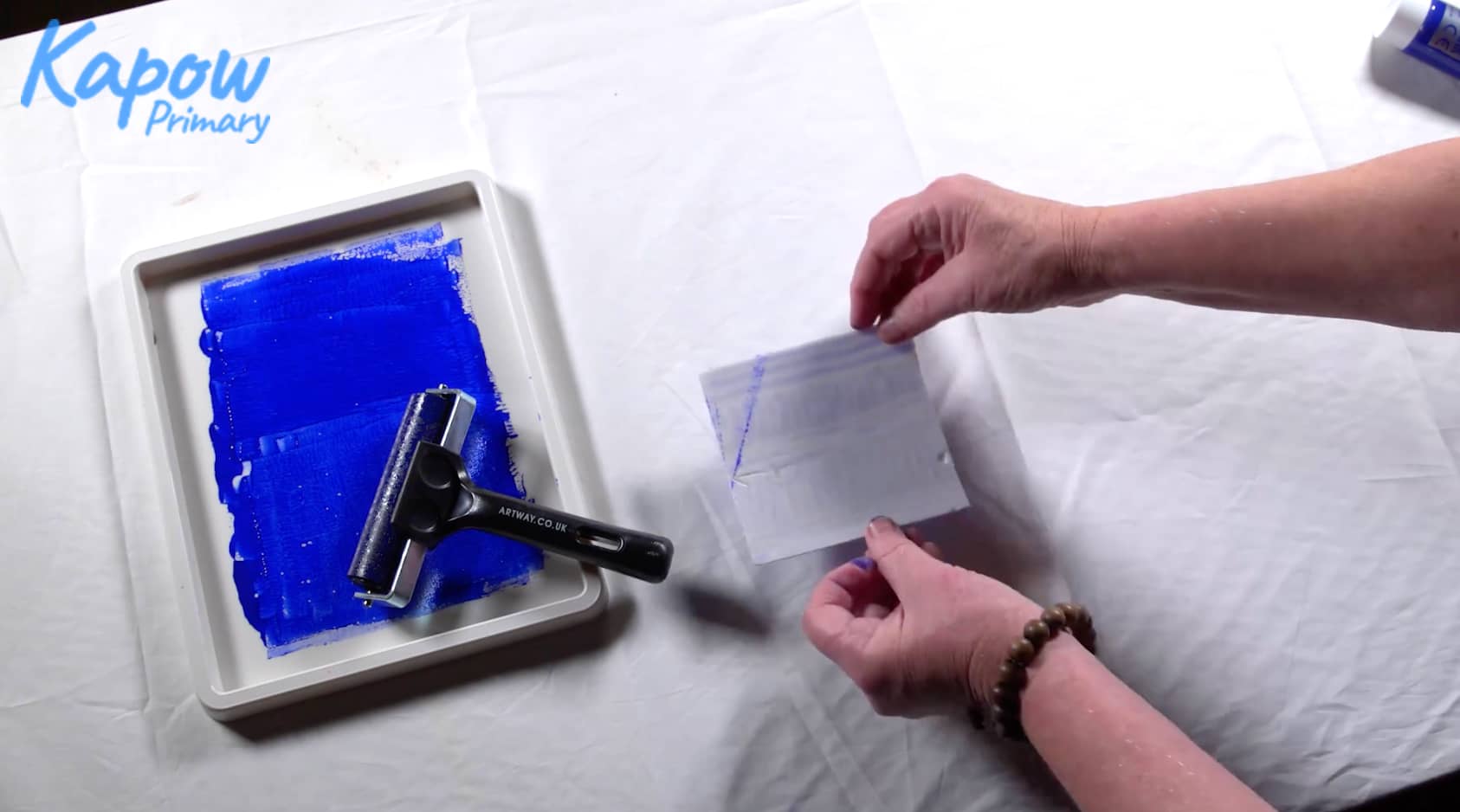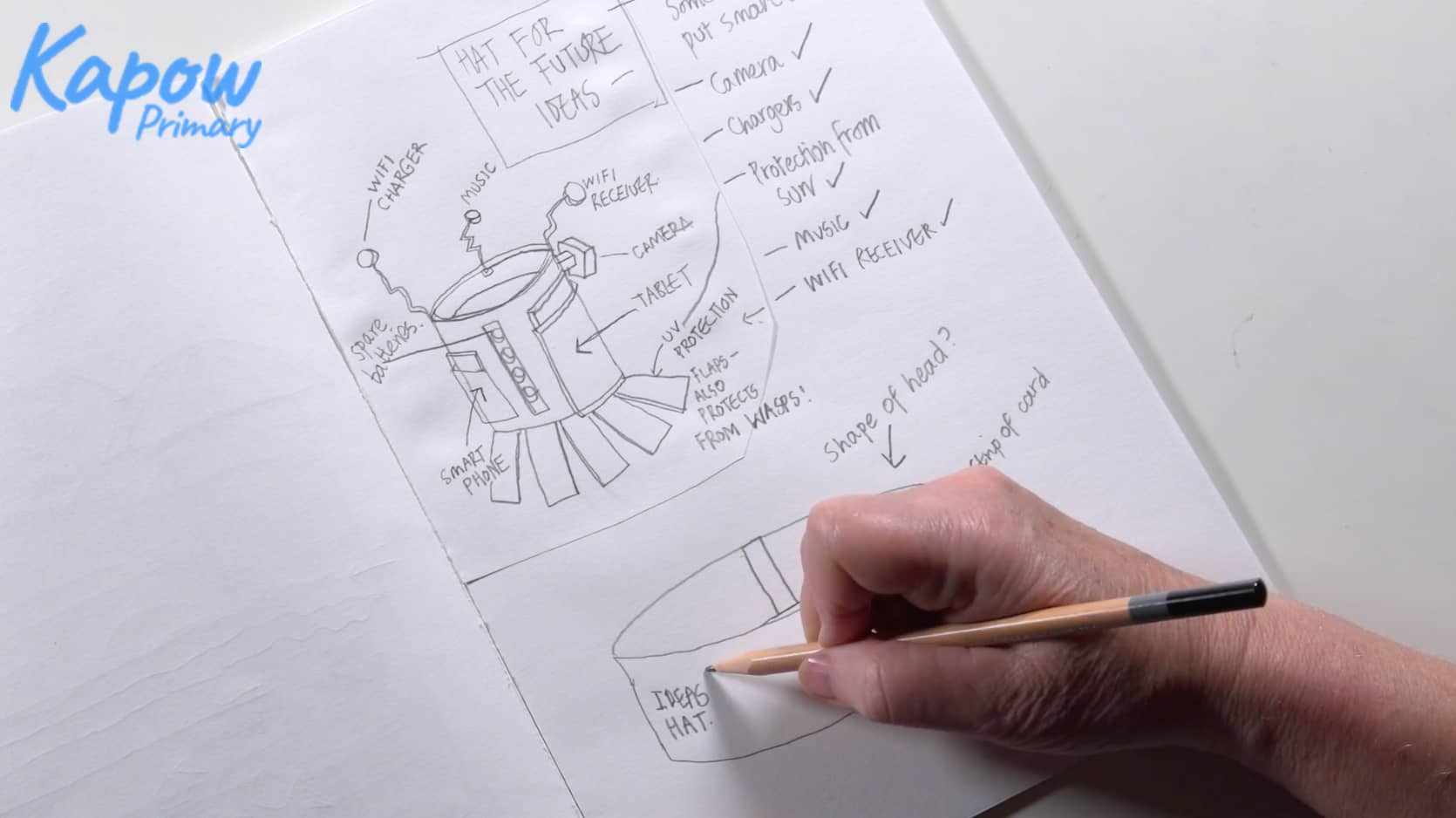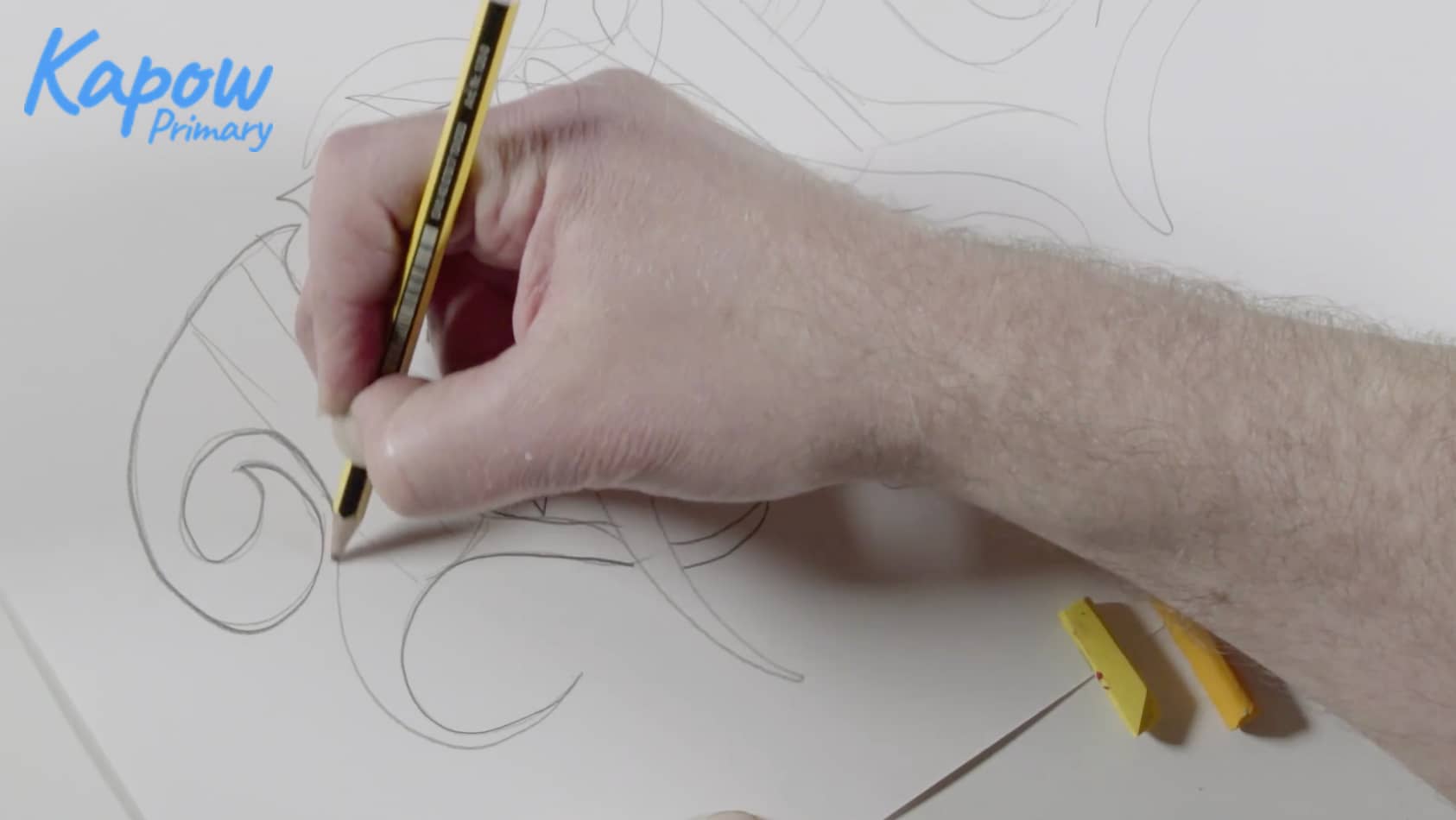This video introduces Kitty Baxter as she shares her personal experiences of evacuation during World War 2
year: Year 6
Teacher video: Self-portrait
This archived Art and design scheme of work video is part of a lesson in which pupils explore self-portraits by combining technology and drawing.
Children begin by taking three selfies, before choosing their favourite to develop into a drawing. Using a sharp HB pencil and plain paper, they recreate their chosen image through a continuous line drawing, keeping their pencil on the page at all times. This approach encourages close observation, concentration and fine detail. The first attempt acts as a practice drawing. Pupils then create a final version, again without erasing, and may go over their lines with a fine liner to make their work bolder. By the end of the lesson, children will have created a self-portrait inspired by their own photograph while developing confidence and control in observational line drawing.
This video is part of Kapow Primary’s archived Year 6 Photography unit.
Teacher video: Introduction to sketchbooks
This archived Art and design scheme of work video is part of a lesson in which pupils explore how sketchbooks can be used as a creative tool rather than for completed pieces.
Children learn that sketchbooks are a safe place to experiment, make mistakes and develop ideas. They can use them to try different approaches, such as practising shading styles, experimenting with media, or sketching the same subject in several ways. Pupils are also encouraged to add short notes alongside their drawings, recording ideas and possible changes to help them reflect and improve. Through this process, sketchbooks become a space to practise skills, explore texture and detail, and build confidence in experimenting. By the end of the lesson, children will understand that sketchbooks are about creativity and growth, not perfection, and provide a record of their artistic development.
This video is part of Kapow Primary’s archived Art and design skills units.
Teacher video: Zentangle patterns
This archived Art and design scheme of work video introduces teachers to the practice of Zentangle, an abstract drawing activity using repeated patterns that supports mindfulness and creativity.
Teacher video: South Africa – minims
This Music video introduces teachers to lesson two of the South Africa unit, where pupils learn to play two key repeating patterns from the topic song, ‘Put on Your Gumboots’. The lesson focuses first on developing good tuned percussion technique, then on learning the patterns by ear, before connecting them to staff notation.
Teacher video: South Africa – Gumboot dance
This Music video introduces teachers to the final lesson of the South Africa unit, where pupils compose and perform body percussion rhythms to enhance their gumboot dance. It demonstrates how to model and check rhythmic patterns, guide pupils in creating eight-beat phrases, and explore dynamics by alternating between loud and soft playing.
Teacher video: Zentangle printing
This Art and design scheme of work video introduces teachers to a development from the Zentangle drawing lesson, where Key stage 2 pupils turn their designs into one-colour repeating pattern prints.
Teacher video: Making a hat
This Art and design scheme of work video introduces teachers to a fun, collaborative design challenge where Key stage 2 pupils work in groups to design and make hats for a specific purpose.
Teacher video: Graffiti artists’ tag
This archived Art and design scheme of work video introduces teachers to the art form of graffiti, encouraging Key stage 2 pupils to explore its bold lettering styles and expressive use of colour.

